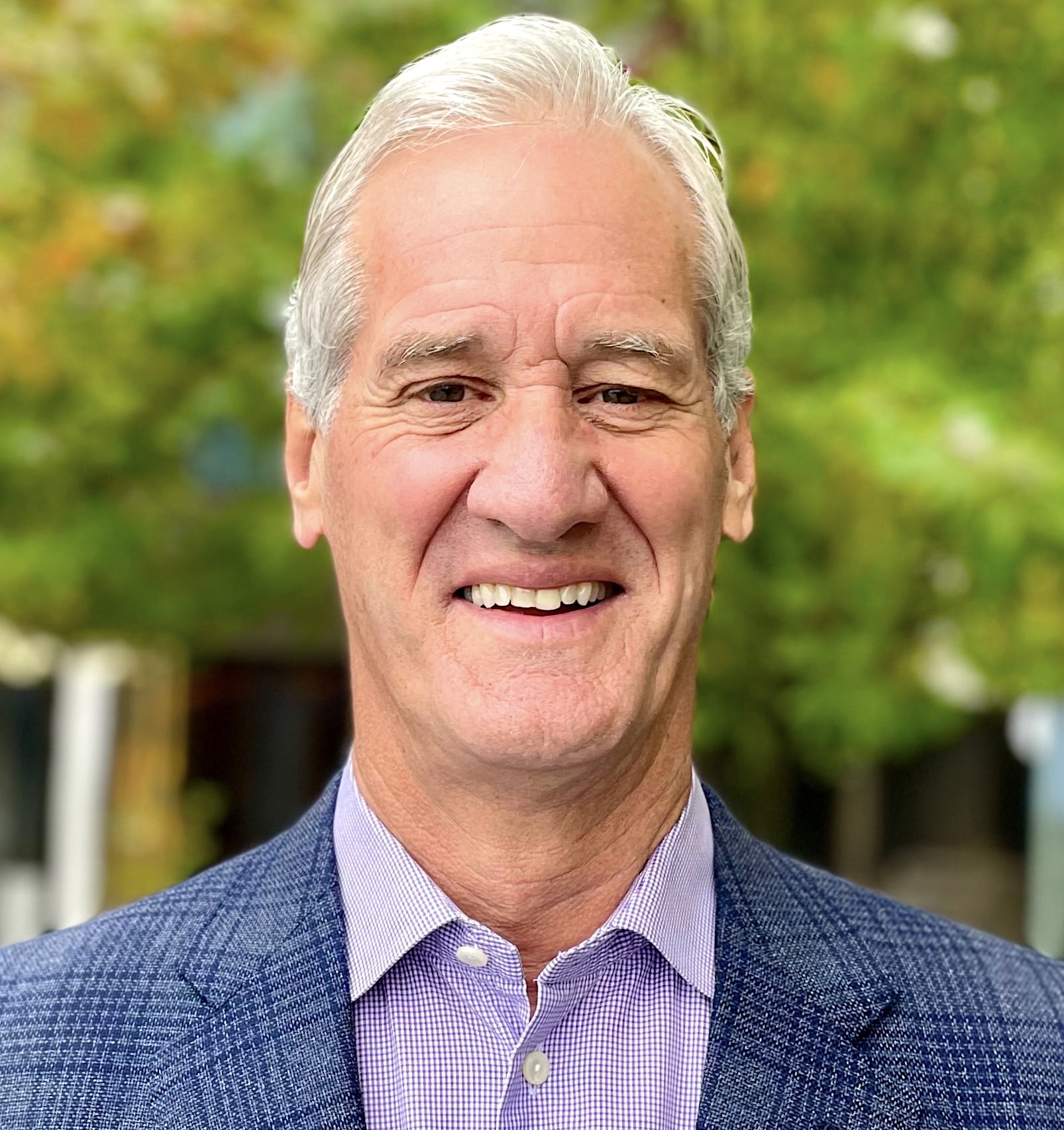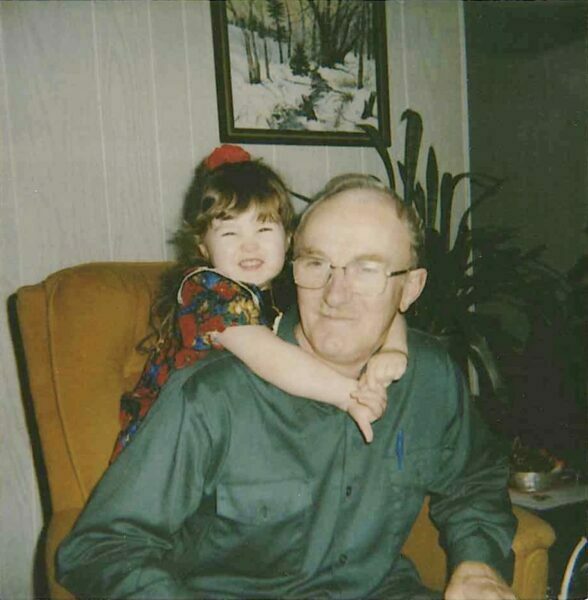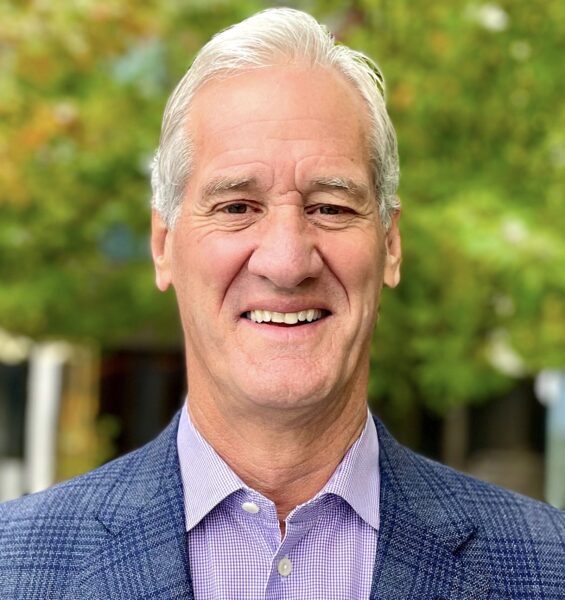The Chairman of McCain Foods and owner of the Saint John Sea Dogs discusses leadership lessons, family dynamics, and the importance of teamwork
Scott McCain was barely walking when his father, Wallace, and uncles, Harrison, Andrew, and Robert, pooled their money and started McCain Foods in 1957.
While the 66-year-old Chairman of McCain Foods Ltd. doesn’t remember the first time he stepped foot in the Florenceville plant with his father, Scott does remember working in the fields with his younger brother Michael during school potato breaks.
“Sometimes Dad would drop us off in the fields, and if we were late, he came in with us and helped us catch up,” he said.
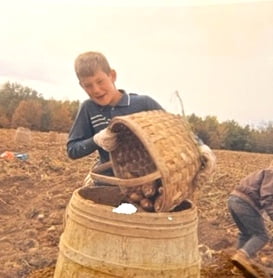
In his early years, the eldest son of Margaret and Wallace didn’t dream of being the Chairman of McCain Foods but thought he might grow up to be a policeman or play in the NHL.
“Not sure why I wanted to be a police officer, but hockey was an obsession so that one was understandable,” said Scott.
His father and uncle Harrison worked six days a week building the business. On Sundays, Wallace McCain often took his kids for a drive, but Scott said there was always a specific destination.
“We were always visiting local farms,” he remembered. “There was always a pair of boots in his trunk.”
Scott paid little attention to what his father and uncles were doing as a child. His biggest worry was getting to hockey on time.
“My parents always wanted us to be active, so we were all into something back then. My thing was hockey. I really had no idea how fast the company was growing or its importance to the community. As long as it allowed my parents to pay my hockey fees, that’s all I was worried about,” he said with a chuckle.
Like many of his siblings and cousins, Scott’s first summer job was with McCain Foods. Scott spent his summers in high school as a labourer with the construction crew.
“I think I was 15 when I first started. I used a pick and shovel; I was painting and cleaning, lugging cement, and jack hammering. I did whatever needed to be done,” remembered Scott. “And then at the end of the week, I’d get a pay cheque. I remember I felt like I was just so lucky to have a paying summer job. I was still more interested in chasing girls and hockey back then!”
It wasn’t until the end of his first year at Mount Allison University that Scott began to grasp the size and the scope of his family’s business.
“It was in 1975, and my father asked what I wanted to do that summer. We had a plant in England, so I said maybe I should go and work at one of our sites overseas in sales or marketing. I managed to convince a university friend to go with me. I went and worked in the marketing department, and he went and worked in accounting. We boarded with a lady from the plant who had a boarding house, and we each had a room. We were two 18-year-olds having the time of their lives in Scarborough, northern England and Europe. That summer made such an impression on me.”
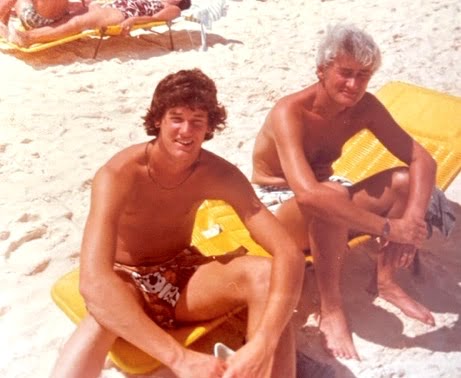
The following summer, Scott’s dad sent him to PEI.
“I had a girlfriend from there, so he knew I’d be happier,” said Scott, grinning. “That year, I was a salesman because that’s what they needed. Every year was something different. It was great because I was learning more and more about the company and the different aspects of it. Then, after-sales, Dad said, okay, you’ve never worked in operations, and you don’t know what goes on in the plant. So I worked as a production lead trainee on the floor in Florenceville, filling work orders.”
Scott said the experience was invaluable.
“It gave you a sense of what employees were dealing with, which a lot of bosses don’t know. It really opened my eyes.”
Once Scott completed his Bachelor of Commerce at Mount A, Wallace sat his oldest son down for a serious talk.
“He said, now that you are more knowledgeable about the company, what do you think you might want to do?”
Scott wasn’t interested in a ‘brief case’ position and asked for something in operations. He began his McCain Foods ‘degree’ under the tutelage of local ‘professors.’
“Much of what I learned about management, I learned from people like Bud Cox, Murray Lovely, and Bill Adams at the Florenceville plant. These guys were all manufacturing leads at the plant. They helped me to understand what it took to be successful in a manufacturing career.”
As Scott spent more time with local managers learning about the business, he gained a greater appreciation for the company and the people involved in making it run.
But family influence also played a role in Scott’s drive to be successful.
“Being one of the oldest McCain kids, you were taught the importance of going to work,” he said. “We were always told how fortunate we were, that our ancestors came over from Ireland and worked hard, and you were expected to get an education and work hard as well.”
Scott says he was fortunate to have his father, uncles, and early managers take the time to teach him the ropes.
“I had good bosses throughout my career path and was fortunate to have mentors who wanted to help me understand more about the business.”
Scott characterizes his leadership style as engaging people, empathizing, and understanding what motivates them and makes them passionate about what they do.
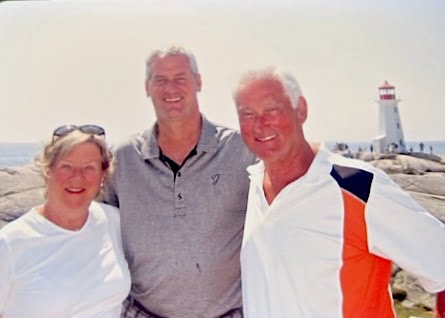
“The skill of connecting with people is important,” said Scott. “I know how to relate to people. I learned it at an early age, particularly when I worked in the operations environment. When you work on a factory floor and are responsible for a crew of 10 or 20, or even 500, your progress depends on frontline supervision. You quickly realize you’re only as good as the people you engage. You can’t go in the same direction if they aren’t engaged.”
HOCKEY’S INFLUENCE
Scott and his brother Michael were raised with the same rules and life lessons but have different leadership styles.
Scott believes hockey may have played a part in that difference.
“I’ve learned so much in owning a highly competitive team,” explained Scott, who owns the Saint John Sea Dogs of the Quebec Major Junior Hockey League.
“The similarities between business and sport are far greater than expected. At an early age, hockey taught me the importance of teamwork, being a team player, and being accountable for how well you play.”
Hockey not only influenced his leadership style, but Scott believes the sport also kept him grounded through the friendships it helped cultivate.
“The hockey players I played with and the ones I befriended at university are still guys I hang out with today. I’ve been friends with some of these guys for more than 40 years, and 90 per cent of the guys I remain friends with are hockey related.”
While he didn’t play university hockey, he still ran with the hockey crowd. Scott says he makes time to get away with some of those friends at least once a year.
Sometimes, it’s a ‘boys’ trip, and other times, they all get together with their spouses.
“I’ve always believed that you only get out of friendships what you put into them. If you want friendships, you have to put effort into maintaining them. I’ve stayed connected with my friends for years, and that hasn’t changed.”
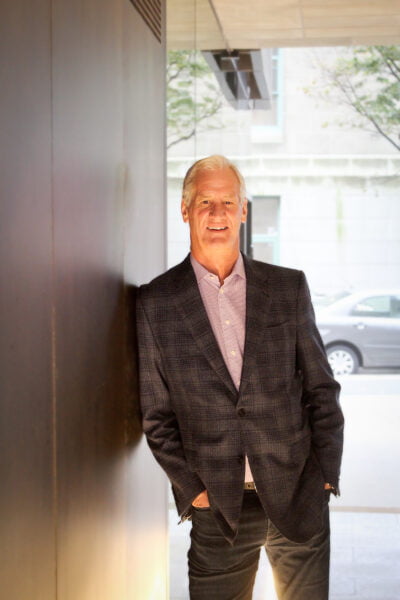
FAMILY LESSONS
For the most part, the McCain family has succeeded in business while keeping a low media profile. Family members rarely do interviews, but that doesn’t always mean they aren’t making headlines.
After the public legal battle between Scott’s father and uncle, family members seldom gave interviews.
“This second generation is more private,” said Scott. “We are more cautious about doing interviews and a little more guarded than our parents.”
Some media outlets have covered the family’s most personal stories despite their closed lips. Reports detailing messy divorces have made for not-so-nice headlines.
Scott doesn’t believe the family’s penchant for privacy will change much with the third generation but says he doesn’t always disagree with what’s been written about them.
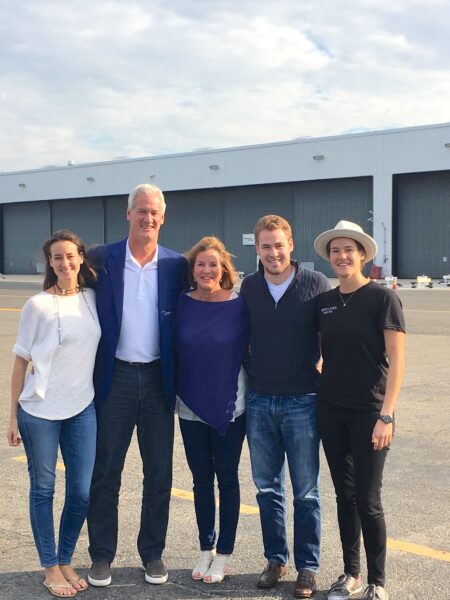
Family time is always a priority. From left, daughter Sarah, Scott, wife Leslie, son Jeff, and daughter Jennifer (Submitted photo)
“Sometimes I read things, and I’m like, that’s not right. Other times, I’m like, okay, that’s a fair criticism. The media loves to jump on things and show how successful people have failures. Sadly, a select few are capitalized on. Not everybody is perfect. We are no exception.”
Scott believes that at the end of the day, it all comes down to leadership – how you lead your life, how you choose to conduct your business, and how you deal with the public.
“You don’t have to be the smartest person, but you should have the smartest person in your organization. I have very strong leaders running our hockey organization because we wanted a championship. We’ve got a senior executive running McCain Foods who is one of the best in the world. He’s young, speaks several languages, and is a very experienced leader,” explained Scott.
While not one to rehash the past, Scott believes the family lawsuit paved the way for changes that have strengthened the company.
“We learned that what we went through, those challenges, are the same that other families in business go through,” Scott said. “Do you know what the most interesting thing about all this is? Universities 25 years ago, even 35 years ago, didn’t teach anything about family enterprises or family dynamics related to business. You go to most business schools around the world today, and I guarantee you, you’ll be able to find courses and faculty members who are trained, educated and are teaching how to operate a family business successfully.”
Scott believes that while that public fight was divisive, it also forced his family to grow.
“We came through that, but it wasn’t easy. It took years, but we grew from it, and I believe we are a better company today because of it. There has been healing, too. It wasn’t pleasant, but we are all family. It took time, but we grew closer. We all realize that this is what’s most important here – what we’ve been given. We’ve been given a real legacy to build upon, a great opportunity for this family, a legacy left by four brothers that we will make better for the next generations to come.”
This article first appeared in ageless New Brunswick magazine in December 2022. To order a subscription, visit www.agelessnb.ca


